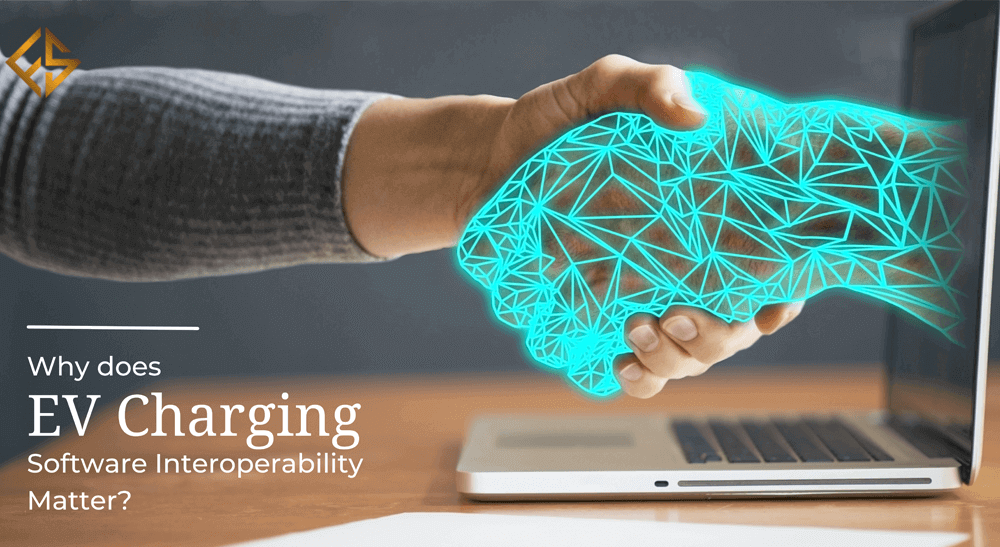Have you faced the issue of carrying different credit and debit cards in your wallet and don’t know which will work? In the same way, drivers of electric vehicles also face the issue of having multiple cards and mobile applications to charge their EVs at charging stations operated by various providers. As demand for EVs is growing continuously, the need for reliable access to charging stations is also growing. EV drivers also require the same convenience as they get with combustion engine vehicles.
EV Charging software helps EV charging operators and e-mobility service providers manage all aspects of charging infrastructure to maximize charger time and provide an exceptional EV charging experience. EV charging software also helps to provide monetary services to the users. Even though many technologies have come up with EV charging, public charging of EVs is not easy and easily accessible. EV drivers find it hard to find a charger and access it. Therefore, many people are hesitant to switch to EVs due to the lack of public charging stations and limited range.
So what is the solution to solve the issues of EV users, so that more people get convinced to buy EVs? The answer is interoperability. As EV growth accelerates, interoperability will make it easy for the consumers to charge and enable market transformation.
Software Interoperability makes EV roaming convenient. Due to that, EV drivers will be able to access charging stations operated by different providers through a single application, simplifying their experience and concerns about range and charging access. Interoperability can be made feasible only by agreements between the market performers such as charge point operators (CPO), mobility service providers (MSP), and other roaming platforms.
Benefits of EV Charging Software Interoperability
Interoperability is the standardization of open communication protocols such as Open Charge Point Interface (OCPI) in the EV charging infrastructure. The OCPI protocol provides expandability, security, and directness in the charging process. In another manner, it states that interoperability allows the same charging point, station, or network to be operated by multiple mobility service providers regardless of the original operator and can be accessed by any user in any country or city.
As connectivity is critical, another open communication protocol, such as Open Charge Point Protocol, ensures interoperability among e-mobility service providers to optimize communications among devices and operational management platforms. OCPP makes any EV charger work with any charger management software even though the charger manufacturer and software developer had never met and lived in different parts of the world.
It allows a station provider to add a new EV charging station by a different EV charging company. As long as the charging station and network station both use OCPP, a station provider can use both. This protocol benefits all the station providers by giving them the choice to innovate their products continually and add new features as per the requirement of the EV drivers.
Interoperability, as related to several aspects of EV charging system operations, maximizes driver access to public charging stations, simplifies payment and billing, and ensures that the EV drivers do not get stuck in a single network. It promotes effective vehicle-to-grid communications for smart charging and demand responses.
An ideal EV charging software interoperability solution should be open and future-proof, enabling users to adapt easily to market changes and adopt open protocols such as OCPP and OCPI as they grow.
Conclusion
Lastly, as the EV industry matures, interoperability matters a lot to the development of vehicle communications to the charger, network, and grid. From an environmental and business point of view, EV software interoperability benefits all the people using it. The most important benefit is the high customer retention for service providers due to improved user interface and access to other networks. With more users other than confined customers using chargers, there is an increase in utilization, leading to better economics and faster return on investments. Interoperability allows companies to start new operations in new areas by partnering with present network providers and helps to reduce the level of investment and time to market.

